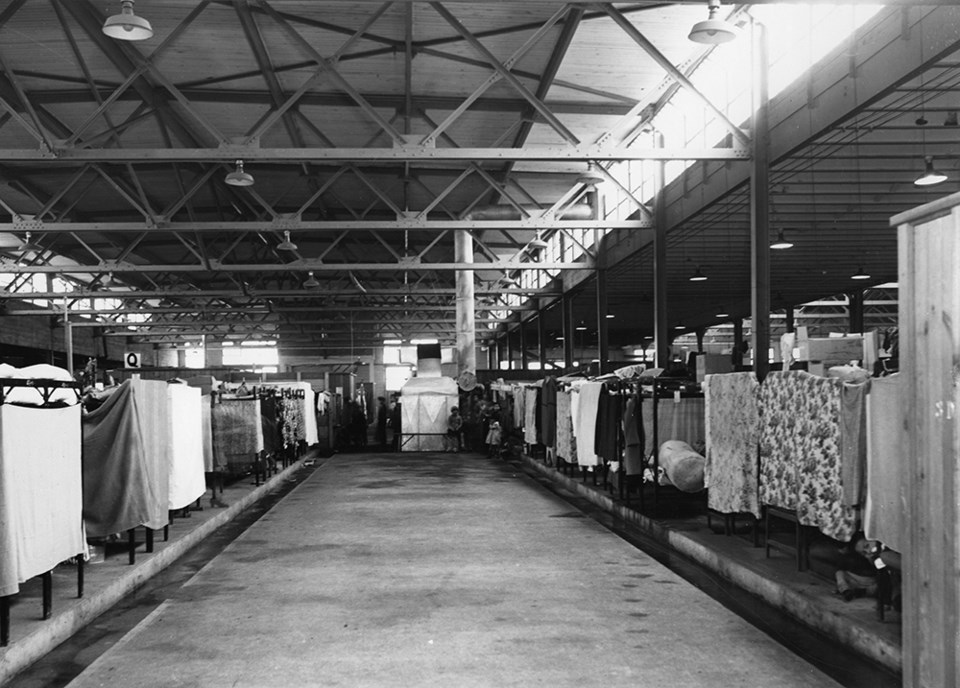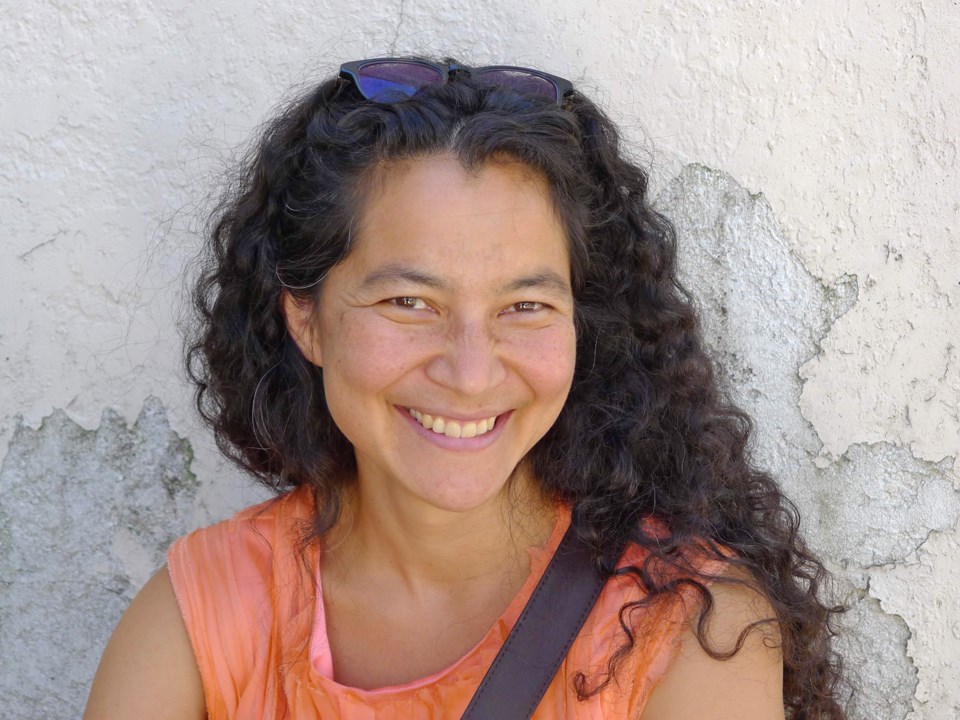Vancouver’s longest-running annual arts festival is pushing back against displacement in the Downtown Eastside.
Whether it’s by shining a light on the forced removal of Japanese Canadians during the Second World War, or by supporting the interests of current low-income DTES residents, the Powell Street Festival (Aug. 5-6) doesn’t shy away from its social justice roots.
Executive director Emiko Morita says the now 41-year-old event began as a celebratory reclaiming of Oppenheimer Park. Founded in 1977 by Japanese immigrants and young, third-generation Japanese-Canadian university students, the first festival celebrated 100 years of Japanese immigration to the area. It also marked the 35th anniversary of the forced removal of Japanese Canadians from the Downtown Eastside, then known as Japantown.
“The gathering itself became an act of empowerment,” says Morita. “The history of the festival is one that, at its core, is social justice, even to this day.”
Evidence of the festival’s dedication to social justice is easy to spot. Morita says the society was involved with the city’s Downtown Eastside Plan, where members advocated for economic and community development that would allow low-income residents to remain in the neighbourhood. The festival also partners with local organizations to create low-barrier employment opportunities for residents during the festival.
This year’s programming reflects the tradition of young, socially-aware Japanese Canadians. Yoshié Bancroft, a Vancouver-based actor and playwright, will be presenting an “intimate, site-responsive” play called Japanese Problem.
The play is a re-enactment of the incarceration of Japanese Canadians during the Second World War, when the federal government passed an order to forcibly remove 22,000 Japanese Canadians from their homes on the West Coast. Pre-existing anti-Asian racism had piqued in Vancouver following Japan’s invasion of Pearl Harbour, and White farmers, merchants and political leaders widely believed that residents of Japanese ethnicity were acting as spies for the Japanese government.
Bancroft was inspired to create the play after learning about the internment during a historical tour of Hastings Park, which is also the PNE’s fair grounds.

“I think that there is a large gap in the knowledge, even amongst my contemporaries,” she says. “When I tell [my friends] that people were interned literally in East Van they're shocked, and I think that that's a problem.”
Even though she’s a Japanese Canadian who grew up in Vancouver, Bancroft never learned about the internment until adulthood. Her parents immigrated to Canada from Japan after the internment she says, so her family wasn’t directly impacted by the atrocity.
The full-length version of Japanese Problem will show at Hastings Park in September, and Bancroft’s team has built a special set for the 20-minute previews scheduled for the festival this weekend (running Saturday and Sunday at 2pm, 2:30pm, 3pm and 3:30pm at the Vancouver Japanese Language School).
“We've recreated a livestock stall which was designed to reflect what some of the stalls at the time looked like, with blankets and whatnot along the side of the stalls for privacy. A lot of the [Japanese] Canadians that came into the livestock building would bring their own bedding and hang it between the stalls for privacy,” she says.
“As you watch the historic re-enactment you can see the toll it takes on the actors that are performing it, which brings it to life in the present day and parallels some [other] atrocities that are happening today.”



